What Babydoll Sheep Should and Should Not Eat
Today, we’re diving into the world of sheep nutrition, namely, feeding your Babydoll Sheep. As a passionate Babydoll Sheep breeder, I understand the importance of providing these adorable creatures with a balanced diet for their well-being and optimal growth. In this blog post, I’ll walk you through what Babydoll Sheep should and should not eat, along with some Babydoll Sheep-specific information to help you nurture these gentle beings on your homestead.
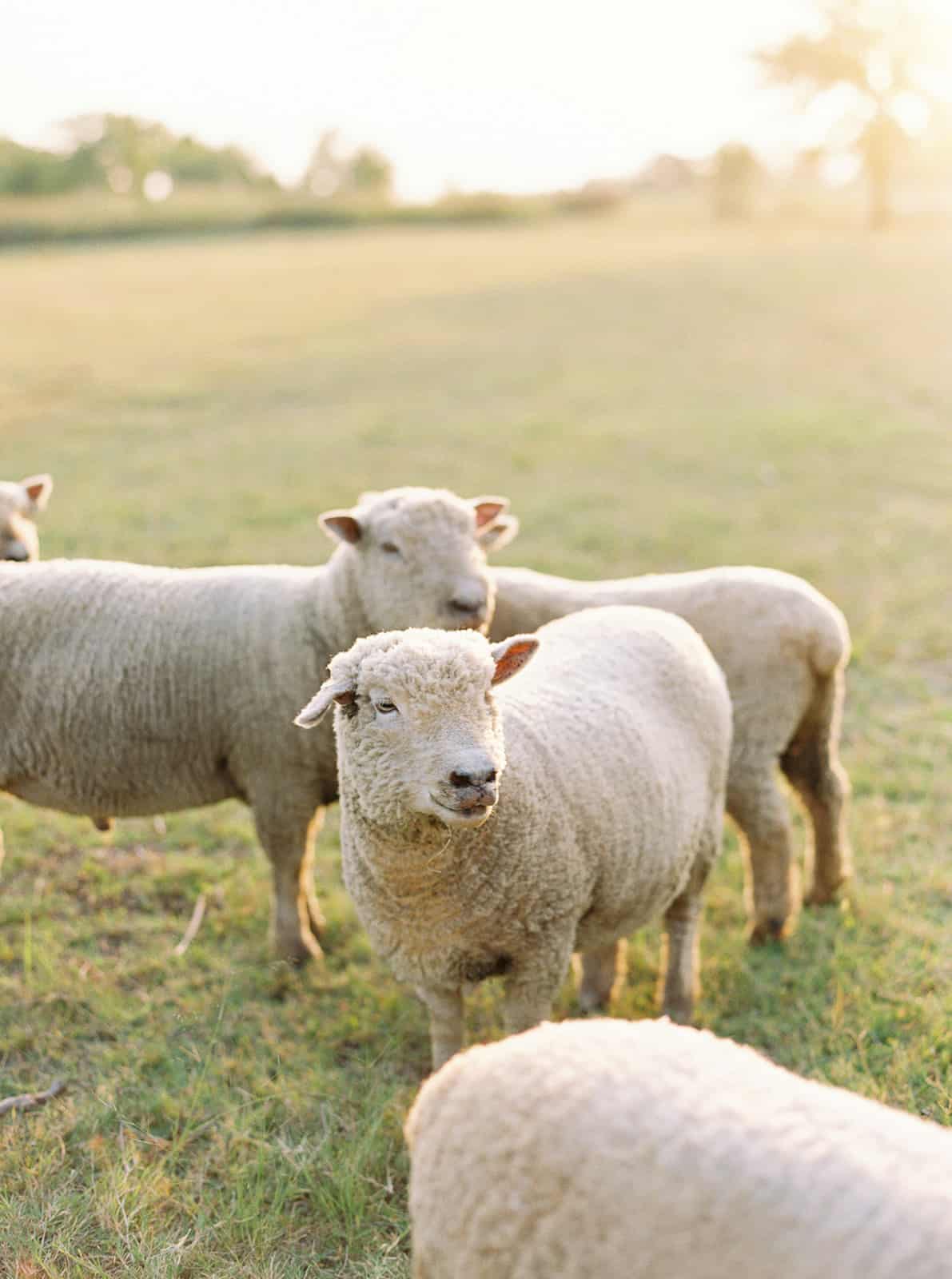
The Natural Diet of Babydoll Sheep
Babydoll Sheep are believed to be the descendants of wild mouflon, and their dietary needs are closely tied to their ancestral grazing habits. In the wild, mouflon roam vast landscapes, feasting on an array of plants and grasses. Similarly, Babydoll Sheep thrive on fresh pasture, which provides them with essential nutrients and fibers they need for healthy growth.
Pasture and Forage: A Grass-Fed Delight
One of the my favorite things about owning Babydoll Sheep is to watch them peacefully graze in their paddock outside out window. These small sheep have a voracious appetite for grass, and their unique ability to thrive on a wide variety of forage makes them perfect companions for homesteaders with diverse pasture options.
When planning your pasture, aim for a mix of grasses, legumes like clover, and other edible plants. Not only does this provide a well-rounded diet for your Babydoll Sheep, but it also helps maintain a healthy ecosystem by promoting biodiversity.
Hay: A Nourishing Winter Treat
While Babydoll Sheep adore grazing, your pasture might not be as abundant during winter months. To ensure a continuous supply of nutrition, high-quality grass hay should be made available. When selecting hay, look for sweet aroma and a soft texture. These are indicators of hay that’s rich in nutrients and will be well-received by your flock.
Proper hay storage is essential to maintain its nutritional value. Keep hay protected from moisture and pests, and avoid storing it directly on the ground if you can to prevent contamination.
Pellets or Grain Mix: Supplements with Care
Although pasture and hay are the mainstay of their diet, you can supplement your Babydoll Sheep’s meals with a small amount of sheep pellets or grain mix. These supplements are designed to provide extra energy and nutrients for specific stages of their life, such as during pregnancy or lactation.
I like to use grain pellet mix, or what we call hand feed, to train lambs to warm up to us, then their new owners.
However, it’s crucial to exercise caution with supplements. Overfeeding grain or pellets can lead to health issues such as ruminal acidosis or obesity. Always follow the manufacturer’s guidelines and consult with a veterinarian or experienced sheep breeder for personalized recommendations.
My recommendation is to keep hand feed to no more than a handful a sheep a day.
I prefer DuMOR’s Sheep and Goat DX Medicated Feed for my flock. Then, DuMOR’s Pelleted Lamb and Ewe Feed for our ewes and lambs during lambing season.
Mineral Supplements: Essential for Optimal Health
Babydoll Sheep require essential minerals to support their growth and overall health. Providing a free-choice mineral supplement specifically formulated for sheep ensures they have access to the nutrients they need.
Minerals like selenium, and zinc are particularly vital for Babydoll Sheep. High copper content, however, can be lethally toxic for sheep. Read mineral labels carefully.
Choose a mineral supplement specifically formulated for sheep, as their needs differ from other livestock species. Do not buy a goat mineral thinking it is also OK for sheep. You must check the label and ensure that the mineral is also safe for sheep.
My sheep mentor highly recommended Kay Dee’s Sheep-etts Granular Mineral Mix. However, I have never been able to find it. So, I recommend DuMOR’s Sheep and Goat Supplemental Feed Block which can be easily found at your local Tractor Supply, or ordered.
Fresh Water: A Fundamental Necessity
Clean and fresh water is a non-negotiable requirement for Babydoll Sheep. Ensure they have access to a reliable water source at all times. Staying properly hydrated is crucial for digestion, thermoregulation, and overall well-being.
Regularly check water troughs for cleanliness and refill them as needed.
I prefer this water trough for easy cleaning and is low enough for Babydoll Sheep to easily access.
What Babydoll Sheep Should NOT Eat
As much as we want to pamper our adorable Babydoll Sheep, it’s crucial to be aware of foods that can be harmful to their health. Here are some foods you should avoid feeding them:
Toxic Plants: Danger Lurks in the Greenery
Some plants are toxic to sheep and can cause serious health issues or even be fatal. Take the time to learn about common toxic plants in your region and ensure your pasture is free from them. Examples of toxic plants include azaleas, lilies, rhododendrons, and yew.
It’s essential to conduct regular checks of your pasture and grazing areas to spot and remove any harmful plants. If you’re uncertain about a particular plant’s toxicity, consult a veterinarian or extension office for guidance.
I will say, to give you some peace: I have never had a sheep eat a toxic plant.
I have observed that most sheep, in my flock, seem to know better and go around any plants that are toxic. I still think you need to check your pastures and paddocks and remove toxic plants. However, most of the time, most sheep seem to have the instinct to avoid them.
Click here to find a preliminary list of common garden plants that are toxic to sheep.
Processed Foods: Not Meant for Sheep
Babydoll Sheep should not be fed processed foods or items meant for human consumption. Human food often contains ingredients that can upset their delicate digestive system and lead to nutritional imbalances.
Stick to a natural and wholesome diet for your sheep, focusing on pasture, hay, and appropriate supplements. Your Babydoll Sheep will thrive on a simple, unprocessed diet tailored to their specific needs.
Sometimes, my daughters may “accidentally” drop their animal crackers or snacks around the sheep, and I do not stress over the occasional non-vetted treat. Some sheep even like a popsicle during our 100+ degree summer days. But we do not feed them any processed or “people food” regularly.
Moldy or Spoiled Feed: A Health Hazard
Always inspect hay, pellets, or any feed for signs of mold or spoilage. Moldy feed can be toxic and harmful to Babydoll Sheep. When storing hay or grains, ensure proper ventilation and temperature control to prevent mold growth.
Regularly clean feeding troughs and storage areas to maintain a hygienic environment for your flock. Providing fresh and uncontaminated feed will safeguard their health and prevent potential digestive issues.
Babydoll Sheep-Specific Feeding Tips
Weight Management: Healthy Size, Happy Sheep
Babydoll Sheep are a small breed, and obesity can lead to health problems, including joint issues and increased risk during lambing. Monitoring their weight and body condition score (BCS) regularly is essential.
Sheep should have a moderate, visible fat cover on their body, especially along their backbone. Use the BCS scale to assess their condition and make adjustments to their diet as necessary. Keep in mind that individual sheep may have different dietary requirements, so it’s essential to tailor their feed accordingly.
Slow Feeding: Relishing the Grazing Experience
Babydoll Sheep are gentle grazers, and their digestive system works best when they eat slowly. Allow them ample time for grazing and avoid rushing them during meals. This practice encourages better digestion and nutrient absorption.
If you have multiple sheep on your homestead, consider providing multiple feeding stations to reduce competition during mealtime. Ensuring that all sheep have equal access to feed will promote harmony within the flock.
Rotate Pastures: Fostering Health and Sustainability
To ensure a diverse and nutritious diet, rotate their grazing areas regularly. Rotational grazing has numerous benefits for both sheep and pasture. It allows pastures to recover and regrow, reduces the risk of parasite infestations, and provides your Babydoll Sheep with fresh and nutritious forage.
Divide your pasture into sections and rotate the flock between them. This practice not only promotes healthy pasture growth but also allows you to manage forage better, resulting in healthier and happier sheep.
Feeding Babydoll Sheep is Both an Art and Science
By providing a balanced diet, avoiding harmful foods, and incorporating Babydoll Sheep-specific feeding tips, you’ll ensure these charming creatures lead a happy and healthy life on your homestead.
Remember, observing your flock and understanding their individual needs will help you fine-tune their diet and provide the best care possible. Connect with experienced sheep breeders in your area or reach out to local shepherds to get more personalized help to your sheep in your environment.
Hopefully, this feeding guide empowers you to embark on the fulfilling journey of raising Babydoll Sheep and fosters a deeper connection with your beloved flock.
To learn more about feeding your Babydoll Sheep, check out this post.
Products Mentioned in This Post:
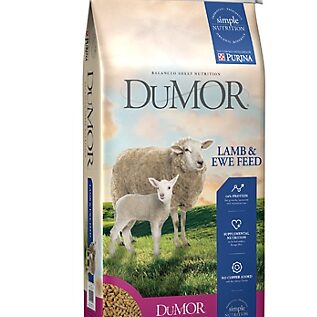
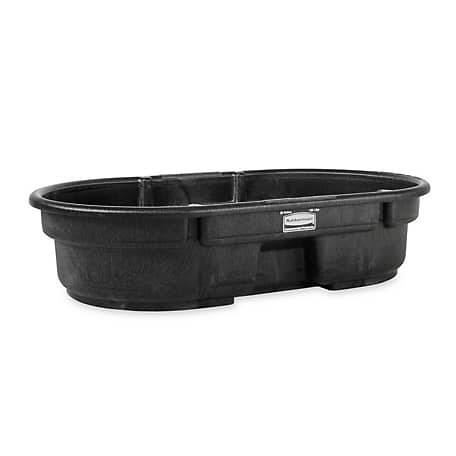
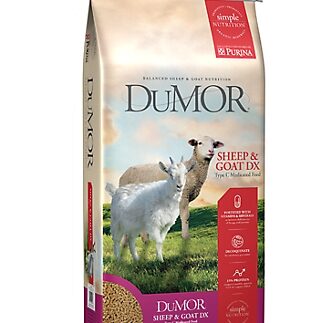
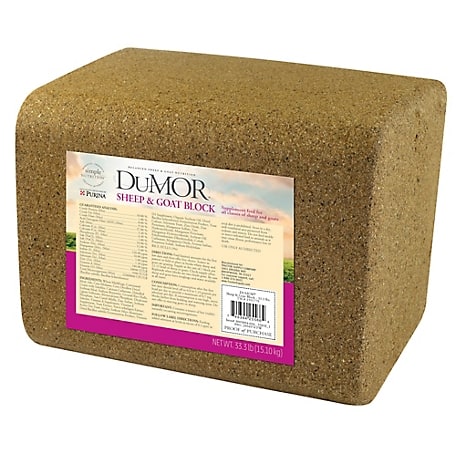
Affiliate Disclosure & Content Disclaimer
This post may contain affiliate links from a sponsor, Amazon Affiliates or other program. If you use these links to buy something we may earn a commission at no extra cost to you. This allows me to continue creating more content that you love. The content of this article is for general information purposes only. My goal is to provide you with the best information possible from my personal experiences for you to make the best decisions on the given topics for yourself.
Photographs by Leah Payne